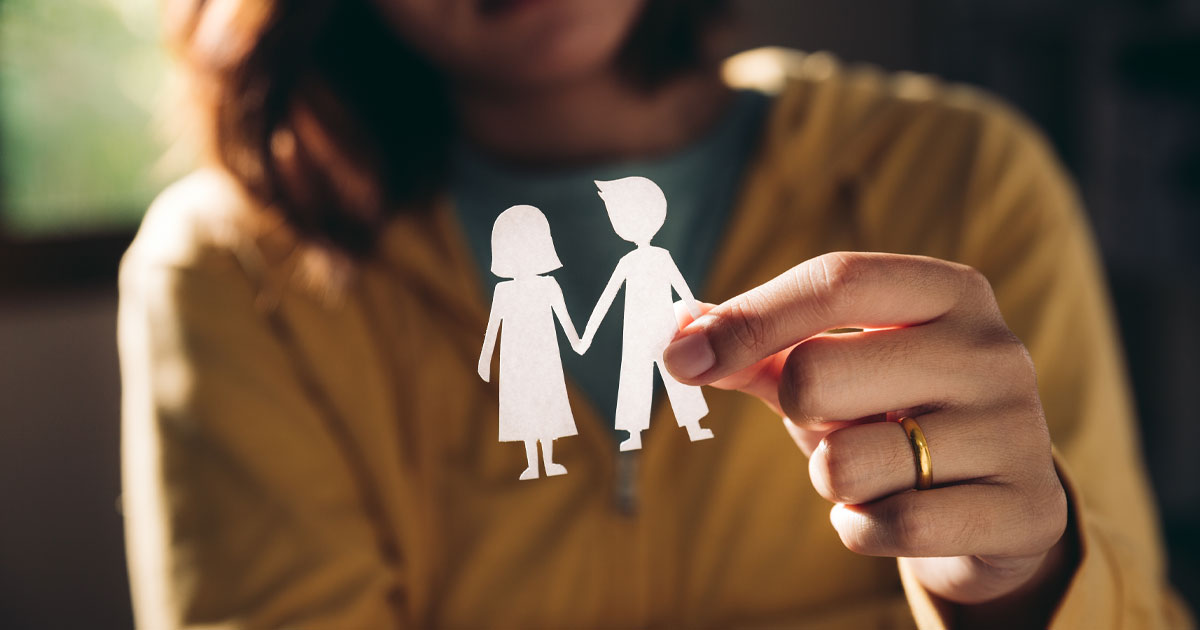
Getting Through The Emotional Rollercoaster During Divorce
In the aftermath of a divorce, people often experience a range of emotions. For example, they may feel relieved that the marriage is over, or they may feel guilty for not being able to maintain the relationship.
It is important to understand that these feelings are normal and will eventually go away with time.
Knowing the stages of emotions – which can often include unexpected feelings – is the first step to finding healthy ways to cope and become stronger after a divorce.
This post will explore some of the different emotions you might experience during and after divorce, along with some tips to handle them.
Various emotions you experience during divorce and ways to cope
Denial
Denial after divorce is a common phenomenon and is deemed to be the first stage of “grief“. However, as a protective response, denial helps blunt the shock of breakup only for a limited period.
The person going through a divorce may come up with excuses, such as:
“He or she is acting out their midlife crisis.”
“She/he just needs some more time.”
Here are some ways to cope with this emotional phase:
- Be patient: Acknowledge that denial is a normal reaction and give yourself time to get over the loss.
- Seek support: People in denial may want to isolate themselves but sharing your pain with your loved ones is an effective way to heal.
- Respect yourself: Avoid negative self-talk or self-blame, even if you think you deserve it. Save the energy to take care of yourself and move out of denial.
Stagnation
Another natural emotional pathway after a divorce is the feeling of being stuck. Sometimes, an individual is not ready to end their ties to their ex or the “security” associated with being married.
This can mean the individual holds onto the ties and their perception of what it should or could have been instead of beginning the healing process by letting go.
Stagnation can also set in because the individual is fearful of the future.
While dealing with the loss of a marriage is not easy, the key to coming unstuck is working through the fear of the future and being alone.
You can follow these tips to cope with this phase:
- Acknowledge and accept the painful memories.
- Take care of your physical and mental well-being by exercising, eating healthy, and getting enough sleep.
- Do things you enjoy doing – nature walks, cooking a favourite dish, or watching a movie with friends.
- Pick up a new skill or hobby.
- Spend time with positive people.
Clarity and progression
A divorce is a life-changing event that often leaves people feeling lost, confused, and alone.
It can be hard to know what to do next, where to go, and how to move on. However, there are also important decisions that you need to make, whether it is to do with:
- Parenting tasks or what steps you should take if you want to secure custody or visitation rights.
- Assessing your marital assets.
- Getting back on your feet financially.
- Ways to rebuild your social life.
- Finding the right resources and support at this stage is important to clarify your next steps and start thinking practically instead of drowning in emotions.
Strengthen your social network and take short-term training or courses to refresh your professional skills and knowledge. Seek guidance from other professionals, including a therapist, divorce coach/lawyer, or a career counsellor, as required.
Professional help
Talking to an empathetic and experienced divorce lawyer can help you understand your legal rights related to child custody, spousal maintenance, the divorce process, and property division.


0 comments